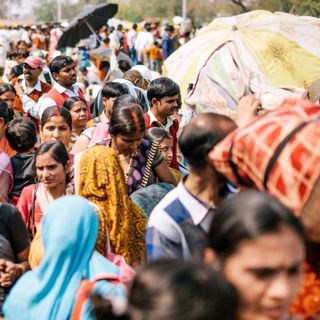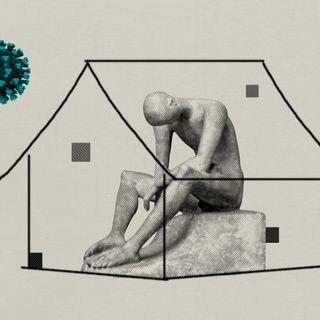In the coming weeks, scientists in Australia, Netherlands, Germany, and the United Kingdom will start human trials of the Bacillus Calmette-Guerin (BCG) vaccine, first developed in the 1920s to protect against tuberculosis, to understand whether it can help reduce the prevalence and severity of Covid19 symptoms.
Australia will begin trials with 4,000 physicians, nurses, and older persons, who are at a greater risk of being infected with the novel coronavirus than the general population. The Netherlands, too, will recruit around 1,000 healthcare workers to conduct placebo-controlled studies on the BCG vaccine.
In Germany, scientists from the Max Planck Institute for Infection Biology will soon conduct trials on a vaccine they licensed in 2015 and has been under development since, named VPM1002, based on the BCG vaccine. In mice, VPM1002 has shown to protect the respiratory tract from viral infections.
“Although originally developed against tuberculosis – and still given to over 130 million babies annually for that purpose – BCG also boosts humans’ ‘frontline’ immunity, training it to respond to germs with greater intensity,” wrote Matt Woodley for News GP.
“We hope to see a reduction in the prevalence and severity of COVID-19 symptoms in healthcare workers receiving the BCG vaccination,” said lead researcher Nigel Curtis from the Murdoch Children’s Institute in Melbourne to News GP.
Dr. Gonzalo Otazu from New York Institute of Technology, College of Osteopathic Medicine, according to a report by Forbes, has been working with a team of researchers to study the relation between universal BCG vaccination policies in countries and the impact of Covid 19 on a country’s population. Their findings will be published in a paper waiting to be peer-reviewed.
Related on The Swaddle:
Singer, Anti‑Vaxxer M.I.A. Says She’d Choose Death Over Coronavirus Vaccine
“We found that there was a reduction in the number of deaths attributed to COVID-19 per million inhabitants in countries that have universal BCG vaccination (usually at birth) compared to the countries that never established such policy,” Dr. Otazu told Forbes. “The earlier the establishment of such policy, the stronger the reduction in mortality, consistent with protection to the elderly population which is more severely affected by COVID-19,” he added. However, he also noted, “Although correlations are strong, our study is correlational and does not demonstrate the effectiveness of BCG against COVID-19.”
According to the U.S. study by Otazu and team, the use of the BCG vaccine could reduce the number of carriers and may ultimately slow down the spread of Covid19.
“The study [by Otazu and team], which will need large scale clinical testing, could, if it holds, explain why the spread of Covid-19 has been muted in India,” writes Sanchita Sharma, health and science editor for Hindustan Times.
However, at this point, it remains unclear whether it will be able to alleviate the symptoms or help in the recovery of those already affected by Covid19. According to Amsterdam-based science journalist, Jop de Vrieze, in most countries of the world, the BCG vaccine is “safe and cheap – but far from perfect: It prevents about 60% of TB cases in children on average, with large differences between countries.” Further, Eric Mach, a science journalist stated in Forbes, “It is not recommended for people with compromised immune systems or pregnant women.”
If trials are successful, researchers like Otazu hope the BCG vaccine will help reduce the spread and severity of Covid19 symptoms until a new, targeted vaccine is invented.




